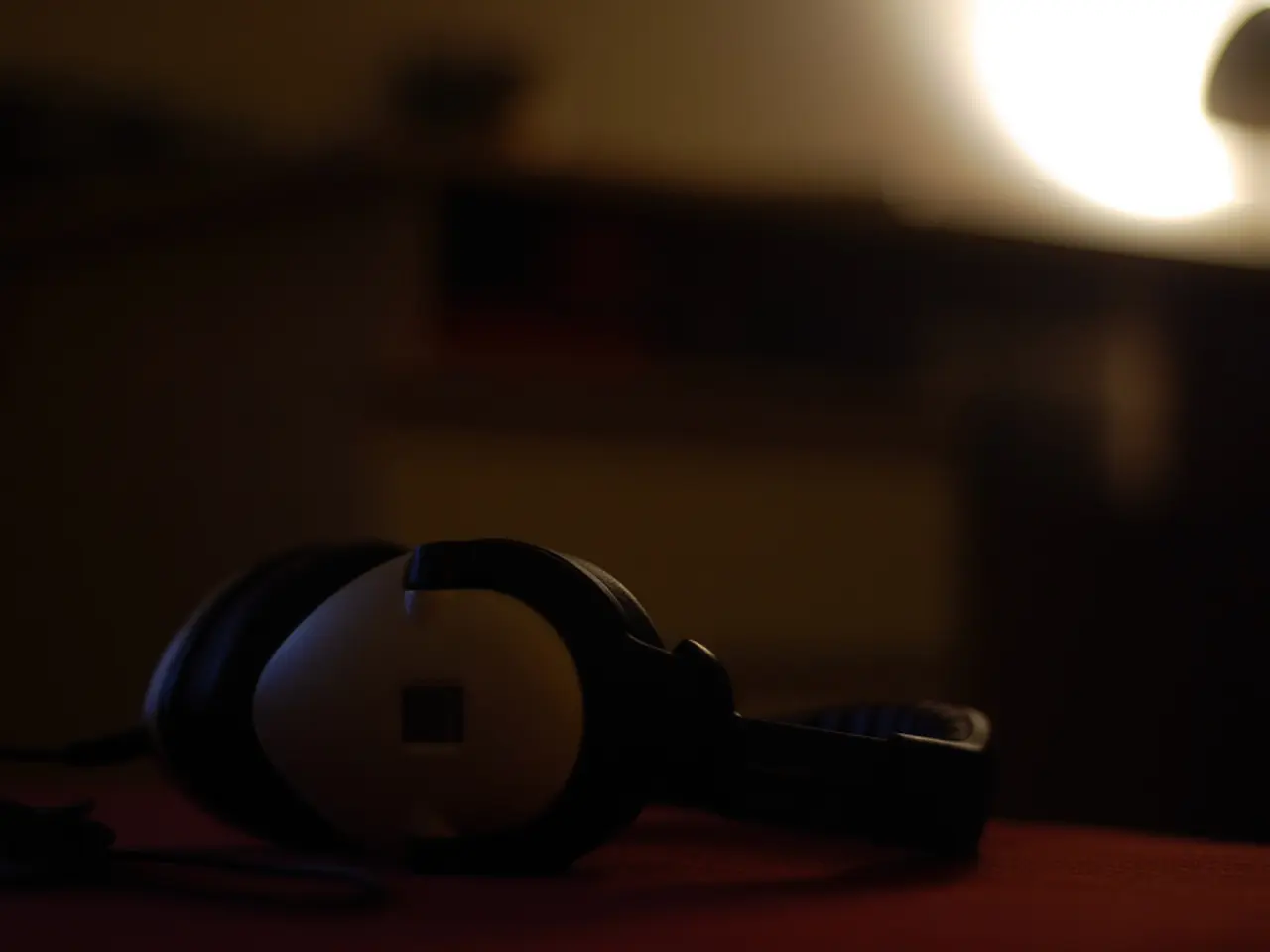Improve the audio performance of your headphones, earbuds, and Bluetooth speakers using these 3 Android adjustments and optimizations.
Crank up the tunes, 'cause we're here to help you get the best sound possible from your fancy new Android headphones. They're all hooked up and ready for action, but things just don't seem right. Don't sweat it - we've got you covered.
Establish the Upper Hand with Codecs
Thanks to Android's open-source nature, the audio settings game is much more exciting here than on Apple devices. That's because you get to choose from various codecs (the technology that enables Bluetooth audio transmission) to bump up your sound quality.
Usually, the best codec will be automatically selected when you connect your headphones, but sometimes it might default to SBC, which ain't all that great. Opt for aptX, aptX HD, LDAC, or LHDC for a richer listening experience, as these can send more data for better bandwidth.
Just head on over to your Bluetooth and connections menu, and tap the settings cog next to your headphones. On the next screen, you'll find the codec options. But remember, a better codec can sometimes cause some dropouts in busy environments.
Before taking that step, though, make sure both your phone and your fancy cans are compatible with the chosen codecs. Check this out on the manufacturer's website.
If you're still having issues with LDAC or LHDC appearing in your connections menu, you might need to activate developer options on your phone. Remember, tinkering around in this secret menu can sometimes cause issues, so proceed with caution. You'll want to look for LDAC if your headphones support the standard.
Making the switch will improvise your sound's quality considerably – trust us.
Appy Hour
High-quality headphones often come with their own app, and their numbers can quickly pile up on your phone. But don't fret – these apps offer a goldmine of customization options for your headphones, be it reducing noise (ANC) or fine-tuning sound quality.
The app's name usually matches the brand of your headphones (e.g., Sony Sound App, Bowers & Wilkins Music App, and so on). Not all apps are created equal, unfortunately, but you should be looking for EQ settings and connection options for better sound quality.
Go Premium with Your Tunes
If you're rocking Spotify on your Android device, chances are your music isn't sounding its best due to the platform's low-quality streams. Craving the best sounds? Take a look at services like Tidal and Qobuz, both offering higher-quality streams. Some premium services may even cost less than what you're paying for Spotify.
Qobuz Subscription: $10.83 per Month
For top-notch listening experiences, snag a Qobuz subscription. We use it to test headphones here at Tom's Guide, and it's a game-changer. Subscribe for a year to save big bucks compared to Spotify.
Stream Interference
Whenever you're streaming your music, your tracks' quality can change based on the strength of your internet connection. To ensure the best sound all the time, consider downloading your music for offline listening. This is usually an option found in the app's settings menu under 'offline listening'.
And there you have it – a few simple strategies to elevate your Android headphone experience. Get ready for crystal-clear tunes that'll make your next playlist session nothing short of amazing.
More from Tom's Guide
- iOS 16 has released an overhauled version of the Photos app for your iPhone - here's the lowdown
- Setting up a new TV can be daunting, but here are 5 common mistakes to avoid
- Pest control experts advise against squashing ants in your home - learn why it's bad news
With a wide range of codecs on Android, you can easily enhance your sound quality by selecting the best one for your smartphones. Opt for aptX, aptX HD, LDAC, or LHDC for an improved listening experience as they transmit more data for better bandwidth.
Before making the switch, ensure that both your smartphone and headphones are compatible with the chosen codecs, and carefully check this on the manufacturer's website. Although having a better codec can provide a richer sound, it may cause dropouts in busy environments.







